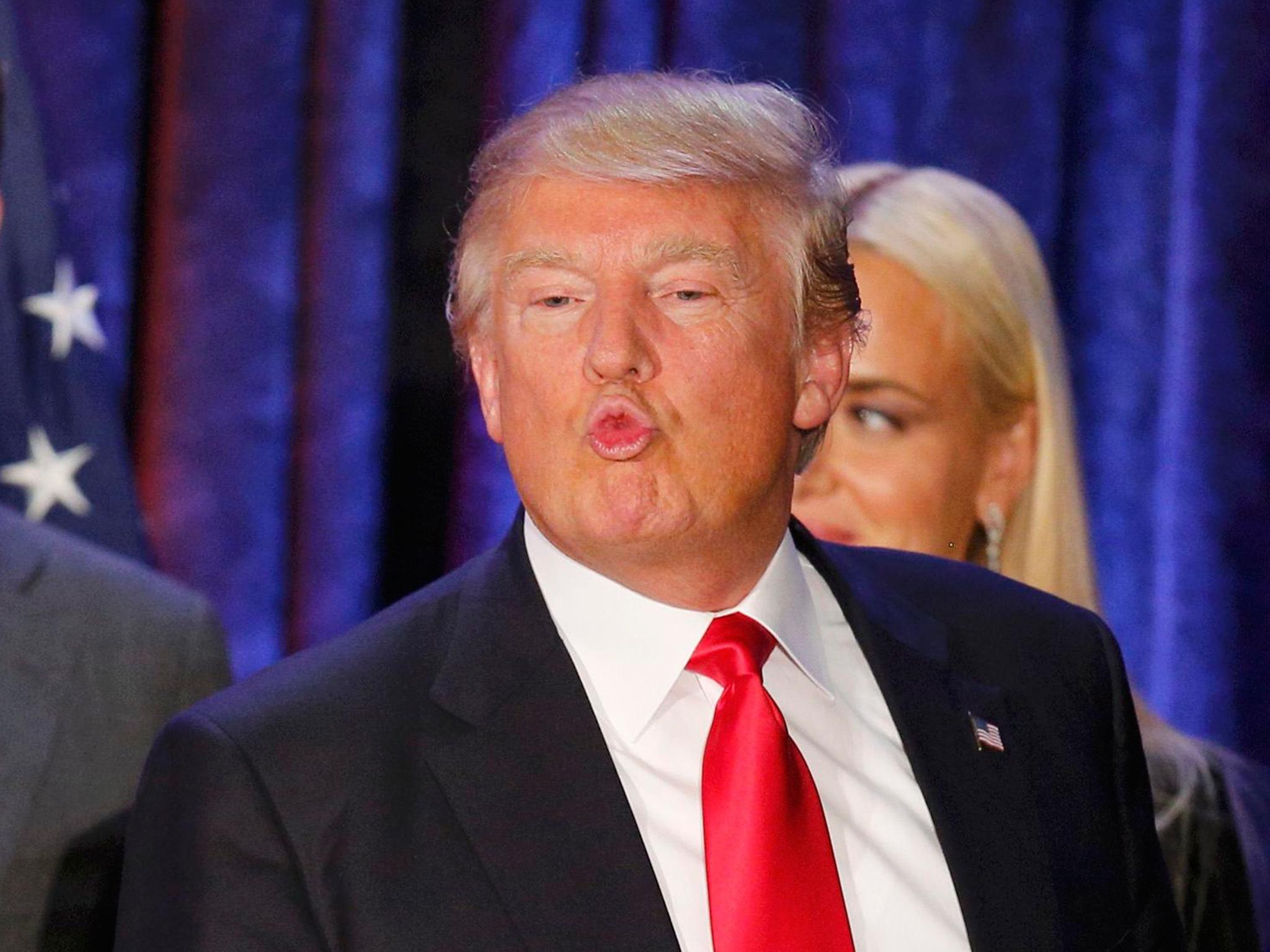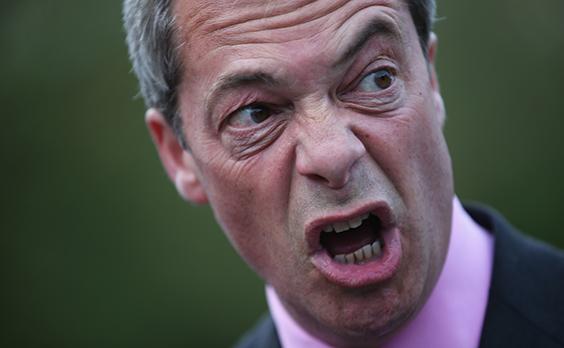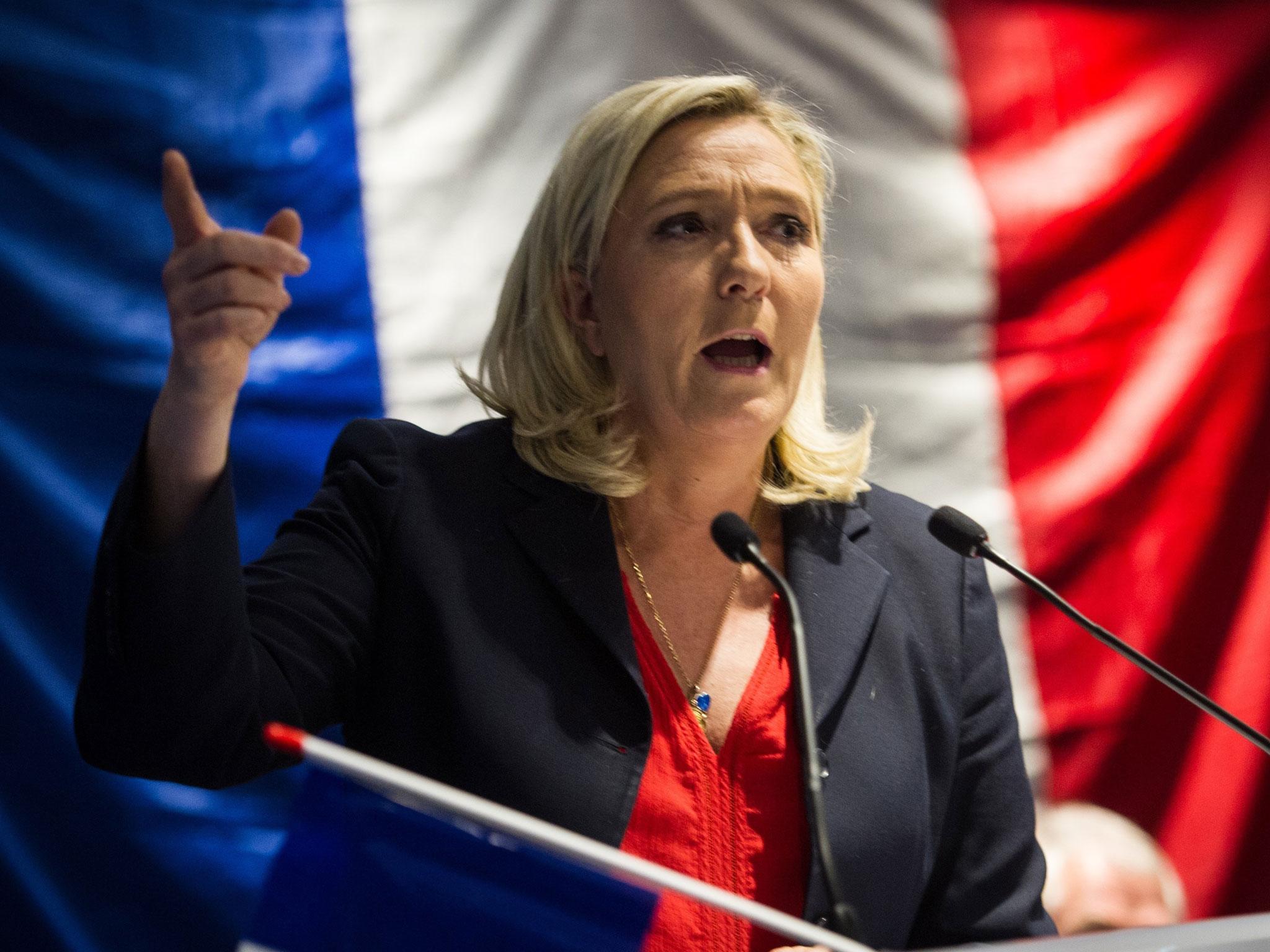Here are the 8 most controversial politicians around the world who support Donald Trump

Your support helps us to tell the story
From reproductive rights to climate change to Big Tech, The Independent is on the ground when the story is developing. Whether it's investigating the financials of Elon Musk's pro-Trump PAC or producing our latest documentary, 'The A Word', which shines a light on the American women fighting for reproductive rights, we know how important it is to parse out the facts from the messaging.
At such a critical moment in US history, we need reporters on the ground. Your donation allows us to keep sending journalists to speak to both sides of the story.
The Independent is trusted by Americans across the entire political spectrum. And unlike many other quality news outlets, we choose not to lock Americans out of our reporting and analysis with paywalls. We believe quality journalism should be available to everyone, paid for by those who can afford it.
Your support makes all the difference.Donald Trump may have yet to win endorsements from top Republicans like Mitt Romney and former President George W. Bush. But he has earned the support of several major politicians around the world.
Many of these figures, though, are controversial. Some run authoritarian regimes or seek elected office on extreme platforms. While a number identify with Trump's tough stance on immigration, others appear to support him because Trump's isolationist foreign-policy plans would benefit their own ambitions.
Here's a look at eight controversial politicians who are backing Donald Trump.
Vladimir Putin

Vladimir Putin, the president of Russia, was one of the earliest figures, inside or outside the US, to throw express support for Trump.
“He is a very flamboyant man, very talented, no doubt about that,” Putin said at a December press conference. “He is an absolute leader of the presidential race, as we see it today. He says that he wants to move to another level of relations, to a deeper level of relations with Russia. How can we not welcome that? Of course we welcome it.”
A Trump presidency would likely be beneficial for Russia — the billionaire has espoused an isolationist foreign policy, criticized NATO, and expressed personal admiration for Putin.
Russia has had an often contentious relationship with the United States in recent years.
“For the last two years all we heard from Western newspapers and TV was very critical of Russia,” Victoria Zhuravleva, a Moscow-based expert on US-Russia relations, told Reuters. “So when you hear something that is not so critical and even more friendly towards your country it's like: 'Thank God, There's one person we can talk to: Donald Trump.'”
Geert Wilders
In December, Geert Wilders, the founder and leader of the Dutch Party for Freedom, expressed his support for Donald Trump and his proposed temporary on Muslim immigration to the US.
“I hope [Trump] will be the next US President,” he tweeted. “Good for America, good for Europe. We need brave leaders.”
Wilders' political career has been defined, in large part, by anti-Islam statements. He produced a film in 2008 juxtaposing the Koran with 9/11 and other attacks, and compared the Koran to Adolf Hitler's Mein Kampf in 2011.
Wilders proposed banning Muslim immigration in the EU in July
Wilders, who is hoping to be elected prime minister in March and plans on calling for a referendum on his country's EU membership, spoke to delegates at a “Gays for Trump” event held in Cleveland during the Republican National Convention.
“The situation in Europe today is worse than ever. Europe, as a matter of fact, is collapsing, is imploding, is exploding. We have terror attacks by the jihadis almost every week,“ he said. “The reason for all of this of, course, is a policy decades long of open borders, open borders and cultural relativism; the biggest disease in Europe today.”
Matteo Salvini
On April 25 — the anniversary of Italy's liberation from its fascist government in 1945 — far-right Italian politician Matteo Salvini met with Donald Trump in Philadelphia.
Afterward, he declared his unequivocal support for Trump, saying he prefers the “legality and security” of Trump's policies to the “disastrous” policies of Barack Obama and Angela Merkel.
Salvini leads the Northern League, or Lega Nord, which began as a separatist “anti-politics” party, according to Politico, advocating for the separation of the wealthier Northern Italy from the poorer south. The party has become steadily more mainstream in recent years as it was brought into the power structure by former prime minister Silvio Berlusconi. It has been characterized as “anti-immigrant” and “euroskeptic” under Salvini.
Salvini has expressed a number of radical views throughout his political career — including a claim in February that Benito Mussolini did great things as a World War II ally of Adolf Hitler.
Kim Jong Un

A Trump presidency would apparently be welcomed in the authoritarian regime of North Korea, which typically does not take sides in US elections.
An editorial in a state media outlet published in May called Trump a “wise politician” and a “far-sighted presidential candidate,” lauding his proposal to pull US troops out of South Korea.
“The president that US citizens must vote for is not that dull Hillary – who claimed to adapt the Iranian model to resolve nuclear issues on the Korean Peninsula – but Trump, who spoke of holding direct conversation with North Korea,” the editorial said.
The editorial claimed it was written by a guest contributor, but its publication in a famously patriotic media outlet suggests that its views align with those in Pyongyang.
Trump even said in June that he would be open to meeting with Kim Jong-un — the first time in decades an American politician has made such a suggestion.
“I would speak to him,” Trump told Reuters. “I would have no problem speaking to him.”
Nigel Farage

Nigel Farage, former leader of the UK Independence Party and a leader of the pro-Brexit campaign, said a week after the referendum vote that Trump would be the best president for relations with the UK.
“I think for the United Kingdom, Trump will be better for us than Barack Obama's been, of that there’s no doubt,” Farage told CNN. “Donald Trump dares to talk about things that other people want to brush under the carpet.“
Farage also expressed his distaste for Trump's rival.
“There’s nothing on earth that could persuade me to ever vote for Hillary Clinton,“ he added. ”I mean, she represents the political elite. It’s almost as if she feels she has sort of a divine right to have that job.”
Trump has repeatedly praised the British people's decision to leave the EU, a campaign which was motivated in part by anti-immigrant and anti-establishment sentiment — some of the same forces which have propelled Trump to his position as Republican nominee.
Marine Le Pen

Marine Le Pen, who leads the socially conservative, nationalist, anti-immigrant National Front Party in France, said in early July that she would vote for Trump if she could.
She called Trump a “free man” and encouraged Americans to vote for “anyone but Hillary Clinton.” She added that “what appeals to Americans is that he is a man free from Wall Street, from markets and from financial lobbies and even from his own party.”
Le Pen, whose party has become increasingly mainstream, has been surging in opinion polling for the French presidential election next year. She has promised to hold a referendum on France's membership in the European Union and resign if the French don't vote to leave.
Jean-Marie Le Pen, Marine's father and the founder and former leader of the National Front, also endorsed Trump in February. He was removed from party leadership last year over his extreme views — he has called Nazi occupation not “particularly inhumane” and suggested that Ebola could solve Europe's “immigration problem.,” for instance.
Viktor Orban
Hungarian Prime Minister Viktor Orban said in late July he supports the candidacy of Trump, becoming the first European head of state to publicly announce a preference in the US election.
At an event in Romania, Orban praised the ideas of the “upstanding American presidential candidate.” After hearing Trump's ideas for combatting terrorism, he said, “I myself could not have drawn up better what Europe needs.”
Like Trump, Orban has pushed for the construction of border walls in his country, and has argued against admitting Syrian refugees.
“Hungary does not need a single migrant for the economy to work, or the population to sustain itself, or for the country to have a future,” he said at a press conference in Budapest in July. “For us migration is not a solution but a problem ... not medicine but a poison, we don’t need it and won’t swallow it.”
Orban adamantly opposes the EU's policy to share migrants among the 28 nations, and Hungary has filed a legal challenge against it.
Robert Mugabe

Mugabe, the long-time president of Zimbabwe and one of Africa's most notorious dictators, has not offered an explicit endorsement of Trump. But he reportedly hinted at his preference recently.
In a late July meeting with US lawmakers Chris Coons and Adam Schiff, Mugabe asked why the US continues to sanction Zimbabwe. Coons and Schiff responded that the sanctions, which have been in place since 2002, were imposed because of election abuse and human-rights violations.
According to Coons' account of the conversation, Mugabe responded: “Once [Trump] is your president, you’ll wish you’d been friendlier to me.“
Trump has not offered any clues about the approach he would take to relations with Zimbabwe as president. But, in June, Hillary Clinton compared Trump's economic proposals to Zimbabwean fiscal policy in the 1990s — where the rapid printing of currency to pay off debt resulted in hyperinflation.
Read more:
• This chart is easy to interpret: It says we're screwed
• How Uber became the world's most valuable startup
• These 4 things could trigger the next crisis in Europe
Read the original article on Business Insider UK. © 2016. Follow Business Insider UK on Twitter.
Join our commenting forum
Join thought-provoking conversations, follow other Independent readers and see their replies
Comments